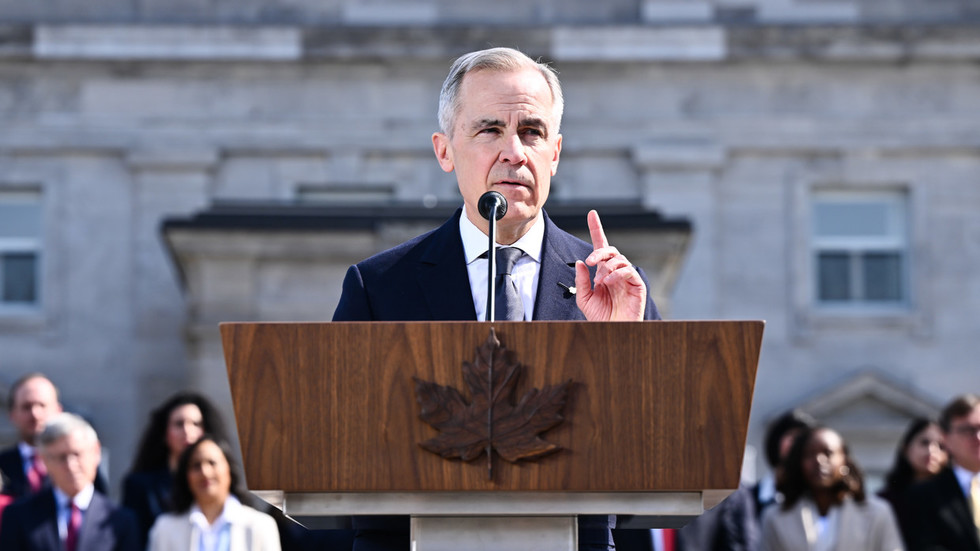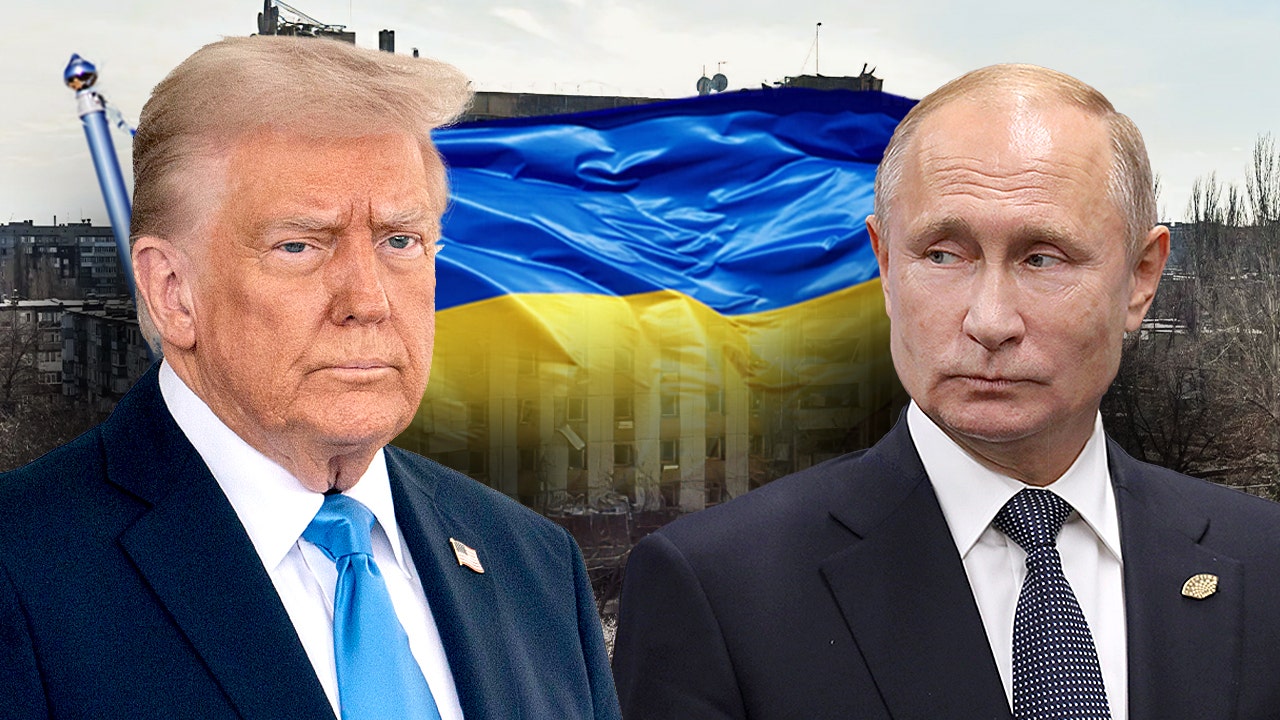Zimbabwe has been experiencing political instability in the last month. A faction of the ruling ZANU-PF party has called for the the resignation of President Emmerson Mnangagwa in light of a reported plan that he would extend his final term after its official end in 2028.
Blessed Geza, a veteran of the 1970s war of liberation and former senior member of Mnangagwa's ZANU-PF party, has been leading the verbal attack on the president and called for protests around the country to take place last Monday, March 31.
Yet when the big day came around, the streets were largely silent with only small groups gathering amidst heavy police presence. Most citizens opted to stay home and avoid potential chaos. Despite the low turnout, Geza has continued to urge Zimbabweans "not to be cowards" in his posts on X.
Accusations against Mnangagwa
The former war veteran insists that President Mnangagwa should step down before the country's independence celebrations on the 18th of April. Emmerson Mnangagwa is currently serving his second and final term as head of ZANU-PF party, which has ruled Zimbabwe since independence from Britain in 1980. Mnangagwa became president in 2017 following a coup that overthrew long-time leader Robert Mugabe. In January, ZANU-PF party leaders passed a resolution that Mnangagwa should seek a third term via a constitutional amendment. He has assured the public that he will retire when his term ends in 2028, yet many remain skeptical.
Zimbabwe's new currency struggles amid old problems
The war veterans led by Geza accuse President Mnangagwa of corruption and feel he is responsible for the failing economy. Independence war veterans are influential in Zimbabwe'spolitics. They want Vice-President Constantine Chiwenga, a retired army general who was instrumental in the ousting of Mugabe, to replace President Mnangagwa.
Chiwenga has not commented publicly about the calls for him to lead the country, and government officials maintain there is no rift between the two prominent party members.
Yet some analysts predict that major civil unrest could be on the way and could lead to civil war. "What we are seeing has the potential to be a national and regional security threat," Blessing Vava, executive director of the Crisis in Zimbabwe Coalition, told DW. The coalition brings together dozens of civil society organizations to bring about democratic change in the country.
Vava added that the events are playing out as a result of tensions that have been simmering since the 2017 ousting of former president Mugabe. "President Mnangagwa has been trying to coup-proof himself by purging army generals. The military, on the other side, has a feeling that the coup hasn't ended because one of them is not yet in office," Vava said.
 Opponants of Emmerson Mnangagwa accuse him of corruption and blame him for the country's struggling economyImage: Tsvangirayi Mukwazh/AP Photo/picture alliance
Opponants of Emmerson Mnangagwa accuse him of corruption and blame him for the country's struggling economyImage: Tsvangirayi Mukwazh/AP Photo/picture allianceQuestionable leadership changes
President Mnangagwa has recently made leadership changes that suggest he may be concerned about losing his grip on power. He moved the head of the country's army, General Anselem Sanyatwe, to the position of sports minister. Sanyatwe is considered to be ally of General Chiwenga, since both were instrumental in the 2017 coup that brought Mnangagwa to power, ending Robert Mugabe's 37-year rule. The president also recently removed the chief of police and head of Zimbabwe's intelligence service.
Zanu-PF is set to hold its elective congress in 2027, where it is expected to pick Mnangagwa's successor, who will then run for office in 2028. Chiwenga has never publicly supported the proposal to extend Mnangagwa's term.
He is believed to have the backing of the military, although that support could be weakening as Mnangagwa removes key military figures from their posts.
Citizens should not be used as pawns
Around ninety-eight people alleged to have taken part in the March 31 protests were arrested in central Harare and appeared in court on Tuesday. They were accused of inciting public violence and breaching peace.
In videos circulating on social media on Monday, police are seen firing tear gas to disperse the small crowd that had gathered in the center of the city. In one, an elderly woman on crutches vowed to keep protesting despite heavy security. "I am 63, and life is tough. I am taking care of my grandchildren because my children cannot afford to," she said.
 Vegetable vendor Esnath Makaya knows protests are bad for businessImage: Privilege Musvanhiri/DW
Vegetable vendor Esnath Makaya knows protests are bad for businessImage: Privilege Musvanhiri/DWBut Blessing Vava of the Crisis in Zimbabwe Coalition says Zimbabweans need to be careful not to allow politicians to use them as pawns to achieve their own political goals. "The ongoing protests and factional disputes are not a fight for citizens. It is a ZANU-PF internal fight. Zimbabweans must not be fooled," Vava told DW.
"When citizens marched in 2017 to remove Robert Mugabe, there were high hopes for change, but some officials within ZANU-PF later turned around and said the coup was only an internal dispute, not one for the general population of the country," Vava added.
Economic risks
Many people who make a living on the country's informal economy were impacted by Monday's call for protests. The majority of businesses were shut down around the country, and many streets were empty as business owners worried about their properties being damaged or looted.
"Protests do not give us income. We are forced to stay indoors. What are we going to eat? Protests may be good for others but not for us," Esnath Makaya, a vegetable vendor, told DW.
Economic analysts say the increasing infighting in the ruling party is heightening the political risk of the country, which will in turn negatively affect foreign investments in Zimbabwe.
"The economy will take a back seat. Development and economic issues are secondary to political tensions," economic analyst Happiness Zengeni told DW.
"People who may have wanted to invest in Zimbabwe will exercize caution until after 2028. It just means there will be no money circulating," Happiness said.
This article was edited by Sarah Hucal.

 By Deutsche Welle (World News) | Created at 2025-04-02 14:35:53 | Updated at 2025-04-04 21:30:42
2 days ago
By Deutsche Welle (World News) | Created at 2025-04-02 14:35:53 | Updated at 2025-04-04 21:30:42
2 days ago








